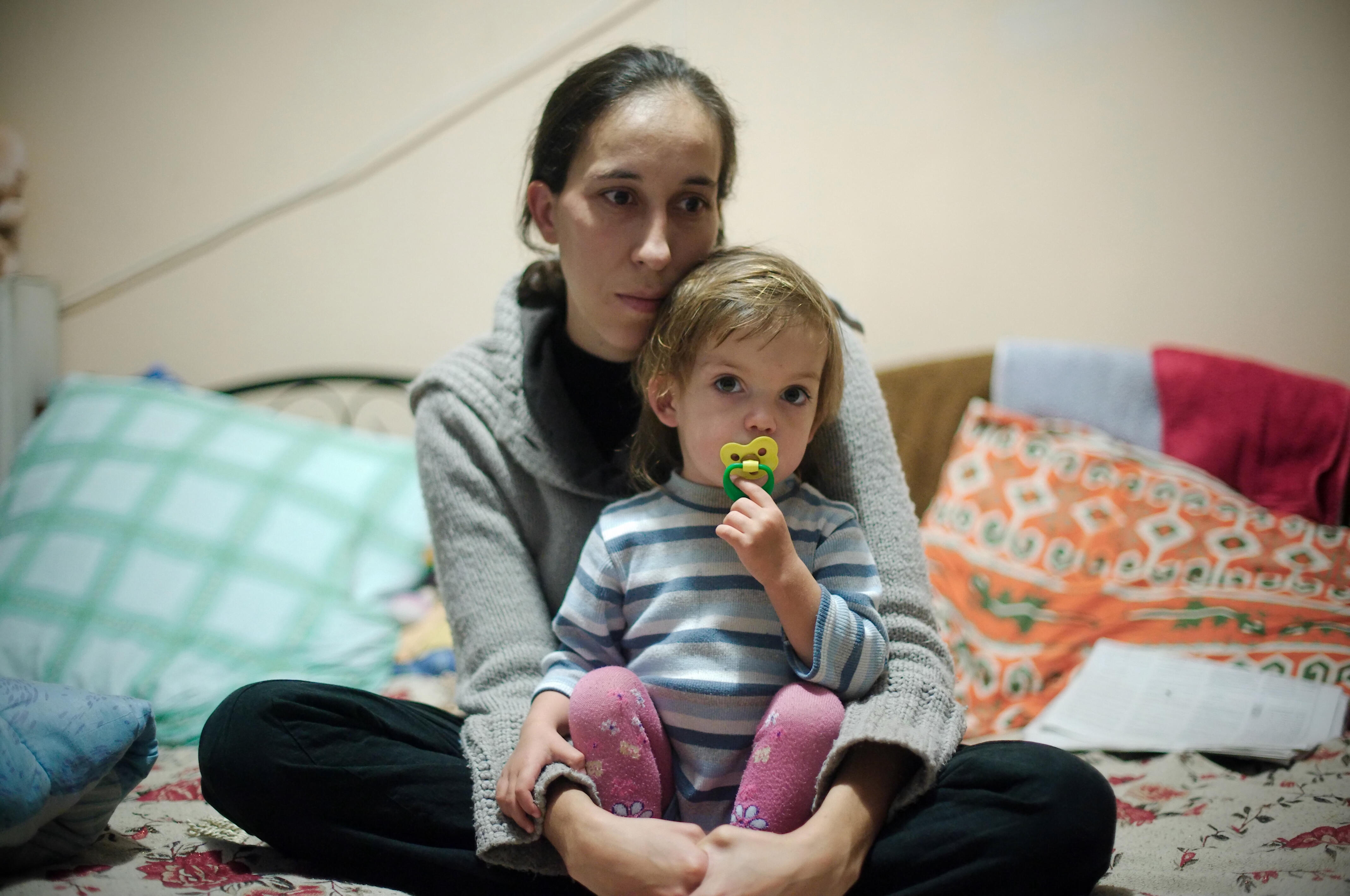Pregnant women should take routine preventative actions to avoid infection with the new coronavirus disease (COVID-19), UNFPA announced in a statement. These preventative measures, recommended in alignment with the World Health Organization (WHO), include diligent hand-washing, avoiding close contact with people exhibiting symptoms of infection, covering sneezes and coughs, and thoroughly cooking meat and eggs.
Little is currently known about the vulnerability of pregnant women to COVID-19, contributing to a climate of anxiety for women. In general, pregnancy-related physical changes may increase some pregnant women's susceptibility to viral respiratory infections. UNFPA urges health officials to treat pregnant women with respiratory illnesses as an “utmost priority.”
“While fear and uncertainty are natural responses to the coronavirus, we must be guided by facts and solid information,” said Dr. Natalia Kanem, UNFPA’s Executive Director. “We must stand together in solidarity, fight stigma and discrimination, and ensure that people get the information and services they need, especially pregnant and lactating women.”
Hygiene and precautions
“Sexual and reproductive health is a significant public health issue during epidemics, and safe pregnancy and childbirth depends on functioning health systems and strict adherence to infection precautions,” the statement notes.
There is currently no vaccine available to prevent the spread of COVID-19. Pregnant women who become infected should be treated with WHO-recommended supportive therapies in consultation with their OB/GYN, UNFPA recommends.
Breastfeeding women who become ill should not be separated from their newborns, the statement adds. There is no evidence that the illness can be transmitted through breastmilk. However, breastfeeding mothers who are infected should wear a mask when near their baby, wash their hands before and after feeding, and disinfect contaminated surfaces. If a mother is too ill to breastfeed, she should be encouraged to express milk for the baby, while taking all necessary precautions.


